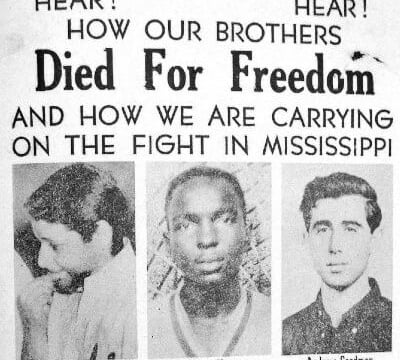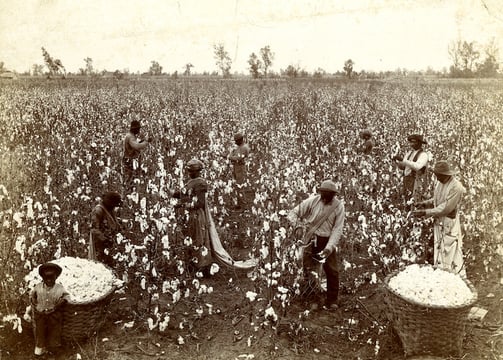The Leflore County Union for Progress refers to a movement within Leflore County, Mississippi, primarily focused on advocating for the rights and economic opportunities of black farmers and communities. This movement gained prominence through the activities of the Colored Farmers' National Alliance and Cooperative Union, also known as the Colored Alliance.
Key aspects of the Leflore County Union for Progress:
Colored Farmers' Alliance Influence:
The Colored Alliance, led by Oliver Cromwell in Leflore County, organized local chapters and offered programs aimed at self-help, education, and economic empowerment for black farmers.
Addressing Disparities:
The movement aimed to address the significant racial and economic disparities in Leflore County, where a large portion of the population was Black and many were sharecroppers.
Organized Action:
The Colored Alliance engaged in various forms of action, including organizing home ownership campaigns, advocating for fair pricing, and even boycotts.
Social and Economic Impact:
The Leflore County Union for Progress aimed to create a more equitable society and empower Black farmers in the post-Reconstruction era, a time when the Jim Crow laws were being implemented.
Civil Rights Movement Roots:
The Leflore County Union for Progress laid some of the groundwork for the Civil Rights Movement in the area.
Leflore County is located in the Mississippi Delta, a region with a strong history of racial inequality and economic hardship for Black communities.
The Colored Alliance's efforts in Leflore County were part of a larger national movement to empower black farmers and address the systemic challenges they faced.
The movement's activities in Leflore County are relevant to the broader history of the Civil Rights Movement and the struggle for racial equality in the South.








